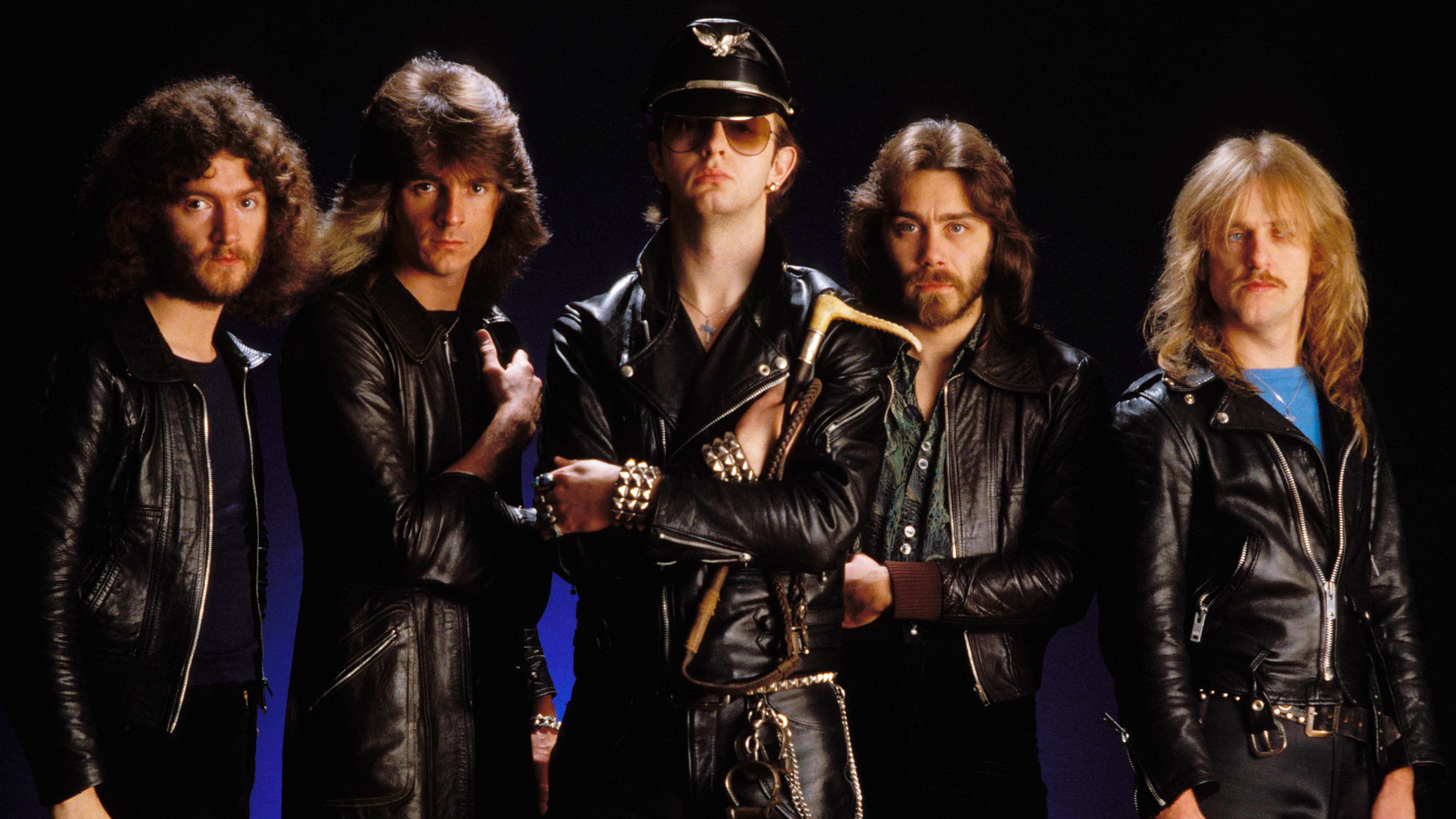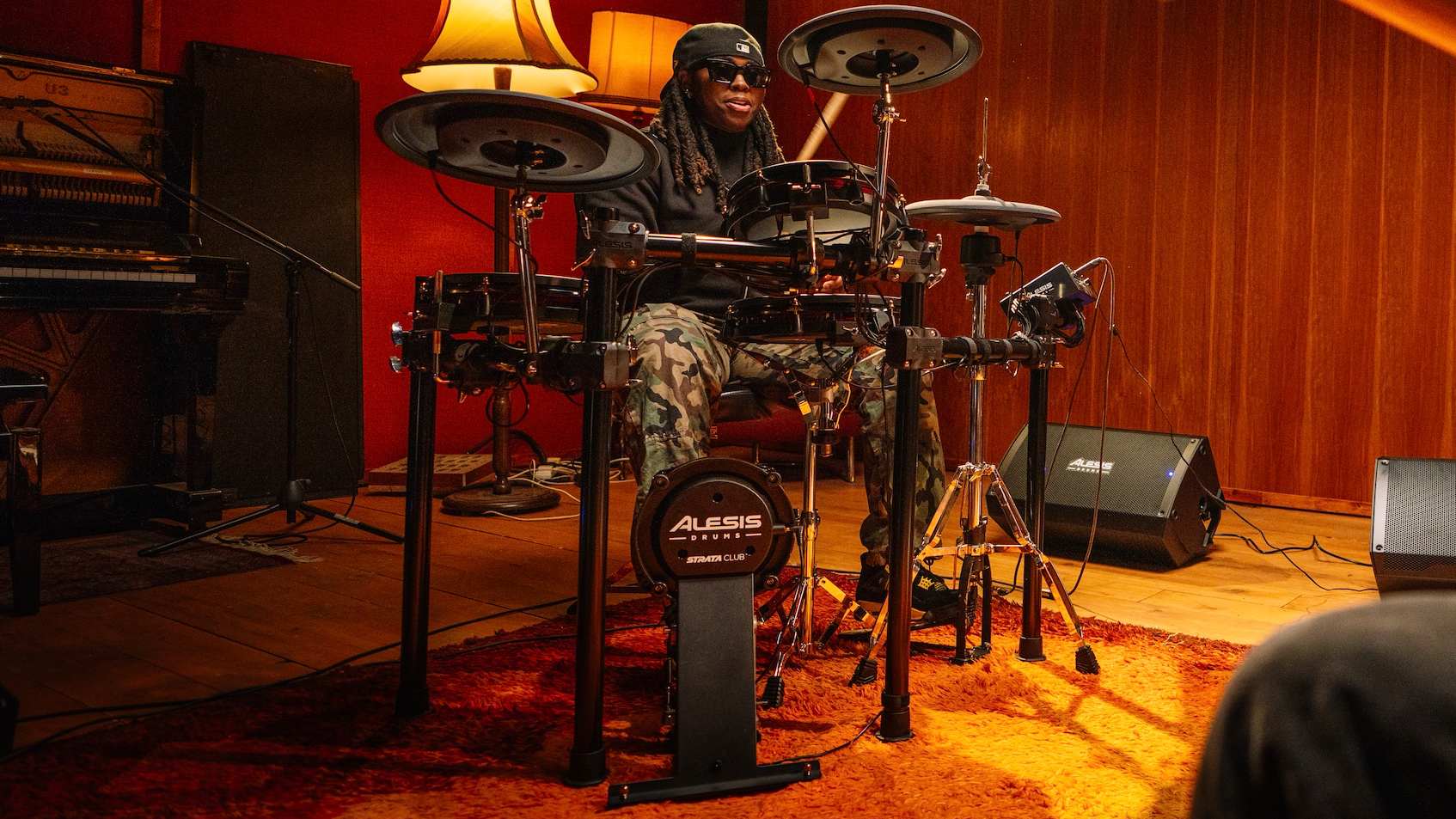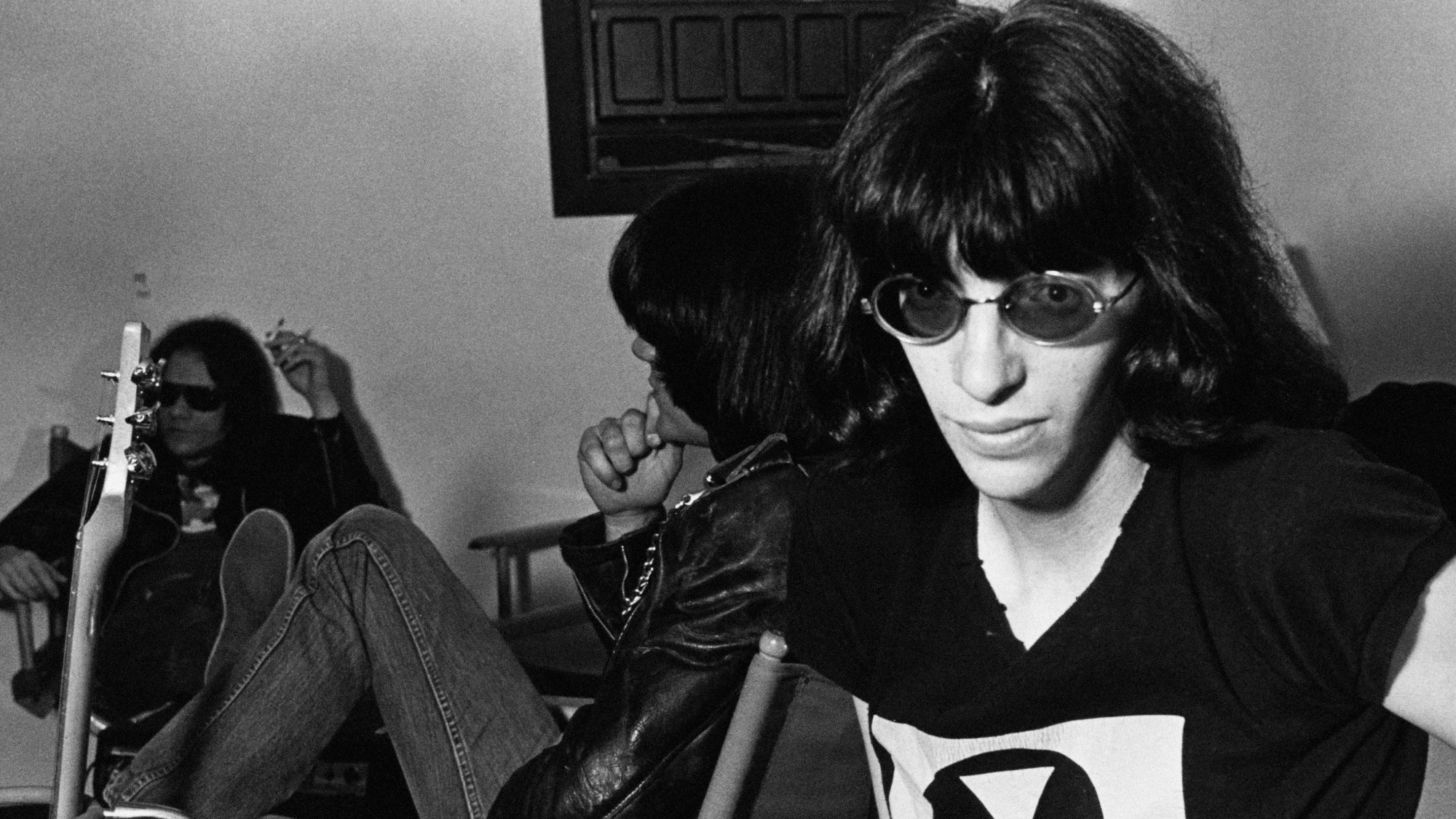12 reasons why Matt Bellamy is a 21st-century guitar hero
Few players have done more for guitar in the last decade

12 reasons why Matt Bellamy is the 21st century's guitar hero
GUITARS AND AMPS EXPO 2014: First came Jimi, then came Eddie. Now, there's Matt. Few players have done more for guitar in the last decade or so than Muse frontman Matt Bellamy. A bona fide guitar icon, he's penned an avalanche of monster hits that have propelled Muse from toilet circuit dwellers to stadium headliners over the course of six ridiculously massive albums.
In doing so, Matt Bellamy has reintroduced the masses to searing guitar solos and heart stopping riffs. There can be little doubt that he's the quintessential guitar hero of the 21st century, and here’s why...

He wrote the riff of the 2000s
In March 2001, Plug In Baby landed. Released to lead the charge for Muse's second album, Origin Of Symmetry, although the credits told us it was a human playing guitar, our ears could scarcely fathom the neo-classical triad that opened the track. In terms of its ubiquity, Plug In Baby was Johnny B. Goode for the new millennium; its No 11 UK placing representing Muse’s commercial breakthrough.
Plug In Baby grabbed guitarists by the balls thanks to its sheer inventiveness and snarling attitude. The sick fuzz tone didn’t hurt things, either. A sing-able riff that sounds fresh and unique, it makes everyone and their gran wish they could play guitar.

His creativity is unrivalled
Matt has some serious chops. In addition to his unique guitar style, the guy kills on piano and has a three-octave vocal range as demonstrated by his incredible falsetto singing on Plug In Baby and other gargantuan Muse anthems.
As if all that virtuosity wasn’t enough, Matt is also the primary songwriter for the band, composing classics such as Sunburn, Supermassive Black Hole, Stockholm Syndrome, Hysteria, and Knights Of Cydonia. Yeah, we’re jealous too.

He's an arpeggio king
Matt uses arpeggios in two main ways: the first is to hold a chord and pick the strings individually, as heard on Muse tracks like Citizen Erased. This approach can be applied to any chord and is better suited to a clean sound.
The second approach is to use arpeggios in a more lead guitar fashion, as Matt demonstrates on the tracks Hysteria and Plug In Baby. Rather than allowing the strings to ring together, the idea is to fret one note at a time. This can pose problems, especially when moving from string to string while staying on the same fret.
And while we’re talking tone and technique, if you want to get that Muse sound it’s worth remembering that Matt uses extreme sounds in a controlled way. Eh? Quite simply, if you want his sound you’ll need to avoid processed metal distortions and whack up the filthy fuzz tones instead! Set your pitch shifter effect to one octave up like Matt does on Muscle Museum and Sunburn, and add some Sweep Echo to really nail that gnarly Muse vibe. He’s also a huge lover of delay, as you'll hear on tracks like Hysteria.

His solos are aural works of art
Matt’s solos are as beautifully constructed as his Manson guitars. A masterclass in expressive guitar technique, his solos usually feature tremolo picked passages, string scrapes, whammy bar dips and inventive use of effects.
Matt has a fantastic vibrato and always manages to make his solos sound spontaneous, even if they have been carefully constructed ahead of the studio. Check out this clip of Knights of Cydonia: Live at Wembley Stadium 2007 to witness Matt’s killer lead guitar...

He wrote another supermassive riff
As if writing the riff of the 21st century wasn’t enough, Bellamy ripped out another cracker in the shape of 2006’s Supermassive Black Hole. On writing the track, Bellamy reveals that he was influenced by his time in New York:
“I was going out dancing in clubs around New York and that helped create Supermassive Black Hole,” he said. “Franz Ferdinand would have done it very well, with that dance-type beat going on mixed with alternative guitar, and I’ve always wanted to find that.”

He bends the rules
On paper at least, a combination of progressive rock, classical music, electronica, dubstep and pop shouldn’t really work - it's a bit like Genesis jamming to those horrible Hooked On Classics albums from the 80s. Matt, however, makes his strange aural brew taste divine.
Not many musicians can switch from a beautiful, almost ethereal, Danny Elfman style piano piece to a heavy as hell, I'm-gonna-pound-your-skull-in guitar riff like he can. Listen to New Born below for evidence of the man’s genius...

He still surprises us
The hallmark of any great musician is someone that is capable of surprising fans time and again, and boy has Matt surprised us down the years.
Like on 2000’s Absolution when he shook up his rich, multi-layered approach. At the time he said, “In the past, I used to layer the guitars quite a lot. This time around I wanted to get just one guitar part to stand out and be just perfect. I’ve been influenced a little bit by System Of A Down, especially on songs like Stockholm Syndrome," he revealed. "I was getting into that kind of fast speed, metal-type riffery, which is something I’ve never done before.”
And that’s before we even get to the rock/dubstep mash-up of The 2nd Law.

He saved us from Britney
Muse released their first album, Showbiz, in 1999, the same year when Britney Spear’s released her debut single. Guitar music was flat-lining, so the sight and sound of Matt Bellamy tearing at his guitar strings like a rabid animal was nothing short of exhilarating.
Despite accusations from some quarters that Muse were little more than a Radiohead rip-off - tsk! - Matt’s heroic performance on songs such as the imposing, and slightly twisted, Muscle Museum proved that something very special had arrived.

He has a 'superguitar'
Actually, Matt has a bunch of 'superguitars'. Built by UK luthier Hugh Manson, they feature more onboard technology than it took to put the first man on the moon. Well, ok, not quite that much...
Still, Matt’s guitars, including his famous ‘retired’ Delorean, or Silver Manson, feature various combinations of Fernandes Sustainer pickups, Z.Vex Fuzz Factory stompbox circuitry, and X-Y controlled KAOS pads that enable him to manipulate his effects with his fingertips. Genius, and super snazzy to look at (drool over).

His stage presence is off the wall
Respect to the Muse set designer, but all the satellite dishes and acrobats in the world could never compare to the spectacle of a small man from Devon completely losing himself in music... Just like Sister Sledge.
Bellamy doesn’t ‘do’ banter, shout-outs or feet on monitors. Instead he deals in completely unhinged virtuosity, stroking and strangling his Manson through a landslide of Muse hits, and jolt-dancing like an electric eel to power one of the best live shows we've ever seen.

He's not scared of tempo changes
Take your everyday pop song. Chances are it will be in 4/4 and will pick a speed and stick to it. Muse seem unable to resist tinkering with tempos and time signatures. I Belong To You (The Resistance, 2009) is a perfect example of this, while several other tracks on the same album feature 3/4 waltz time.

He knows killer production
Besides the insane riffs, brain melting solos and tight-ass rhythm sections, Muse songs are best known for their ultra polished productions, often stuffed with copious guitar overdubs, synth lines and orchestral instruments.
One of the finest examples of this is Knights Of Cydonia. A hugely complex track, it features crunchy, reverb-less guitar and jangly strummed acoustic work before opening up to extreme distorted guitars playing low, heavy chords, reversed guitars and clean guitars soaked in reverb and delay, playing mellow chords, arpeggiated triads and a whole lot more. Phew! That was exhausting to write.
All hail Matt Bellamy, a true 21st century guitar hero.









